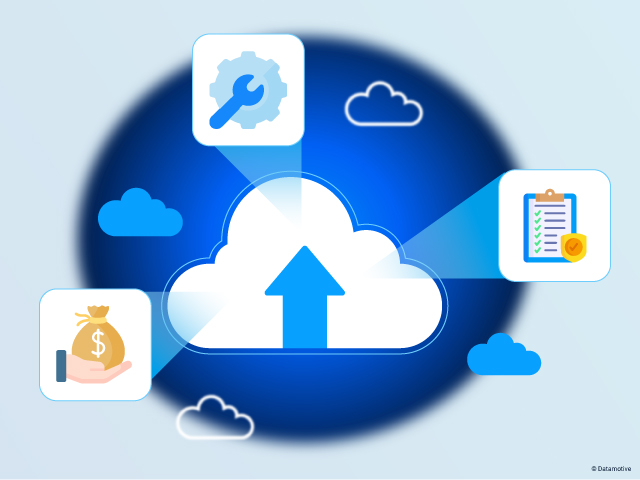Cloud migration has emerged as a key strategy for all types of businesses. Organizations are now shifting their workloads, applications and data to the cloud, which brings agility, scalability, and cost-effectiveness to their business processes. However, it is a fact that smooth and successful cloud migration requires planning and execution. The following guide provides insights into cloud migration best practices and cloud migration key considerations for a smooth and successful cloud journey in 2025.
Define Clear Objectives and Scope
Clearly define the business objectives that are motivating the migration. Are you looking to save money, boost performance, make it easier to scale, or increase agility? Conduct a full assessment of what you have in place on premises, including your applications, data, and dependencies. Compare and analyze the different cloud providers (AWS, Azure, GCP) based on what you need them to do: pricing, services, security, compliance, etc. Define the scope of migration, such as which applications, data, and workloads to migrate first. A phased approach is recommended in most cases to minimize disruption.
Perform a Thorough Assessment
Analyze each application to see whether it should be migrated to the cloud. Some of the factors include the dependencies, performance requirements, and security needs. Evaluate the volume, sensitivity, and storage requirements of your data. Determine the best data migration strategy: either direct lift and shift, re-platforming, or re-architecting. Assess the security and compliance requirements of your organization. Make sure that the chosen cloud provider and migration strategy (e.g., migrating to AWS best practices and strategies) align with the industry standards and regulations.
Develop a Robust Migration Plan
Design an overall migration plan that details what has to be migrated, timelines, and resources required. Choose the right migration approach for each application based on the characteristics of the application and the business requirements. Implement robust testing procedures to ensure the performance, security, and reliability of applications in the cloud environment. Set up robust data backup and disaster recovery procedures that ensure business continuity in case of disruptions.
Prioritize Security and Compliance
Implement robust security measures in the cloud environment, including access controls, encryption, and intrusion detection systems. Ensure compliance with relevant industry regulations and standards, such as HIPAA, GDPR, and PCI DSS. Conduct regular security audits and penetration testing to identify and address potential vulnerabilities.
Optimize and Manage Cloud Costs
Leverage cloud provider tools and third-party solutions to monitor and optimize cloud spending (and for migrating from one cloud provider to another). Implement cost-saving strategies such as right-sizing instances, utilizing reserved instances, and taking advantage of discounts. Regularly review and adjust cloud costs based on changing business needs and resource utilization.
Foster Continuous Improvement
Continuously monitor and analyze application performance and resource utilization in the cloud. Seek feedback from all stakeholders involved in the project, and on the basis of lessons learned, iterate on both the migration strategy and the cloud environment. Implement cloud-native technologies, such as containers, serverless computing, and microservices, to benefit more from the cloud.
Datamotive EasyMigrate: Best Practices For Cloud Migration
Datamotive EasyMigrate is a powerful tool that can significantly streamline the cloud migration process. It offers a range of features designed to simplify and accelerate data migration, including:
- Automated data discovery and assessment
- Workload and data migration
- Orchestration
- Data security and compliance
- Support for various cloud platforms
With Datamotive’s EasyMigrate, organizations can reduce the time and effort required for enterprise cloud migration, minimize risks, and ensure a smooth and successful transition.
